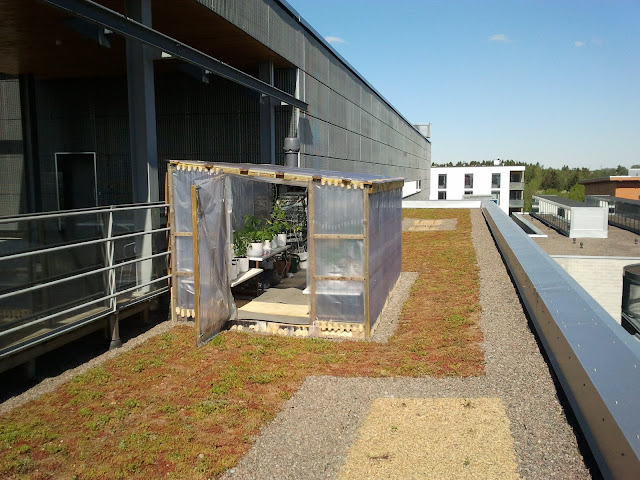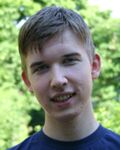Biomine received funding from Tekes
The Biomine project has been granted EUR 110.000 by Tekes, the Finnish Funding Agency for Technology and Innovation. The project, headed by Prof. Hannu Toivonen, is among the very first ones to receive funding for preparation of commercialization, from a new instrument just launched by Tekes.
The Biomine system provides a new way for finding information, based on (chains of) associations. In bioinformatics, a prototype of Biomine (biomine.cs.helsinki.fi) has shown great potential in allowing researchers to search and explore information by finding and visualizing indirect relationships between concepts such as genes, biological processes and phenotypes. The technology is domain independent, however, and could be used for other domains as well. The current version of Biomine consists of algorithms and software developed in a previous Tekes research project.
The purpose of the current project is to improve the commercial potential of Biomine by (1) verifying the feasibility of the concept in pilot studies, (2) improving the existing research prototype to a more robust level, and (3) developing an understanding of the market and business opportunities. The project is scheduled to span the calendar year 2009.


